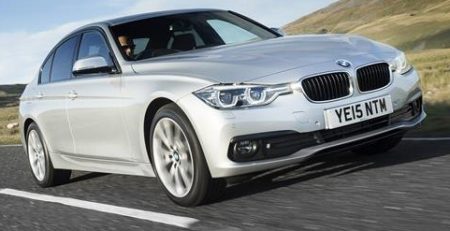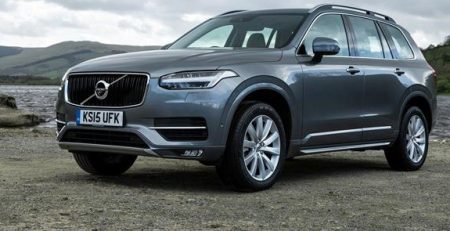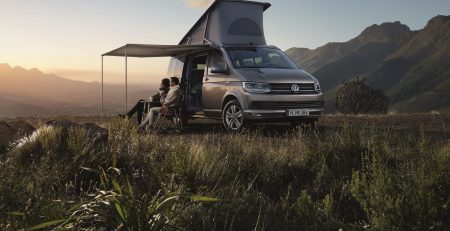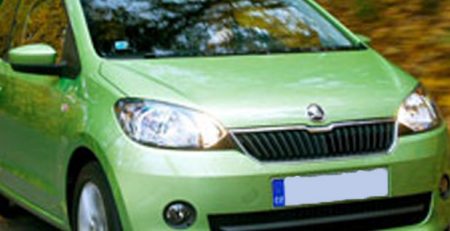Maximise resale value of your new BMW with these specs Specify you factory ordered car properly with a BMW configurator. Th read more
Save money on the plug-in car grant before it changes
From 1 March 2016, the plug-in car and van grant will change considerably, with two grant rates made available and savings reduced.
Select your New Car Discount today
Plug-in vehicles, also known as ultra low emission vehicles (ULEV) will be placed into categories on the basis of their CO2 emissions and zero emission range.
Category 1 vehicles, with CO2 emissions of less than 50g/km and a zero emission range of at least 70 miles, will be eligible for a £4,500 grant.
Category 2 vehicles, with CO2 emissions of less than 50g/km and a zero emission range between 10 and 69 miles, and category 3 vehicles, with CO2 emissions of 50 to 75g/km and a zero emission range of at least 20 miles, will be eligible for a £2,500 grant.
The government say that the change to the scheme will encourage zero emission vehicles and maximise the number of everyday motorists who can benefit.
Until then though, new car buyers can enjoy a grant that covers 35% off the cost of a car, up to a maximum of £5,000, and 20% off the cost of a van, up to a maximum of £8,000.
The cost of a car includes the full purchase price, including number plates, vehicle excise duty and VAT, but it doesn’t include delivery charges, the first registration fee or any optional extras.
We can help you choose your New Car
Claiming the grant is easy, as the dealership will complete the paperwork, meaning there are no applications forms for you to fill in. The grant will be automatically deducted from the price of the vehicle when it’s bought.
The grant isn’t available for all plug-in vehicles though, with those that cost £60,000 and above no longer eligible for the grant from 1 March.
Electric vehicles (EVs), plug-in hybrid electric vehicles (PHEVs), and hydrogen fuel cell vehicles all qualify for the grant, with the following cars and vans all eligible:
- Audi A3 e-tron
- BMW i3
- BMW i8
- BMW 225xe
- BMW 330e
- BYD e6
- Citroen CZero
- Ford Focus Electric
- Kia Soul EV
- Mercedes-Benz B-Class Electric Drive
- Mercedes-Benz C350 e
- Mercedes-Benz S500 Hybrid
- Mitsubishi iMiEV
- Mitsubishi Outlander
- Nissan e-NV200 5-seater and 7-seater
- Nissan LEAF
- Peugeot iON
- Porsche Panamera S E-Hybrid
- Renault Fluence
- Renault ZOE
- Smart fortwo electric drive
- Tesla Model S
- Toyota Mirai
- Toyota Prius Plug-in
- Vauxhall Ampera
- Volkswagen e-up!
- Volkswagen e-Golf
- Volkswagen Golf GTE
- Volvo V60 DG Twin Engine
- Volvo XC90 T8 Twin Engine
- BD Otomotive
- BD Otomotiv eDucato
- Citroen Berlingo
- Daimler Mercedes-Benz Vito E-Cell
- Mitsubishi Outlander GX3h 4Work
- Nissan e-NV200 cargo van
- Peugeot ePartner
- Renault Kangoo ZE
- Smith Electric Smith Edison
The government say they plan to make nearly all cars and vans in the UK zero emission by 2050, and announced in the Spending Review that they would be increasing funding to £600 million between 2015 and 2020 towards the development, manufacturer and uptake of ULEVS.
As of December 2015, 23,000 claims had been submitted for category 1 vehicles, and 28,000 claims for category 2 and 3 vehicles.




